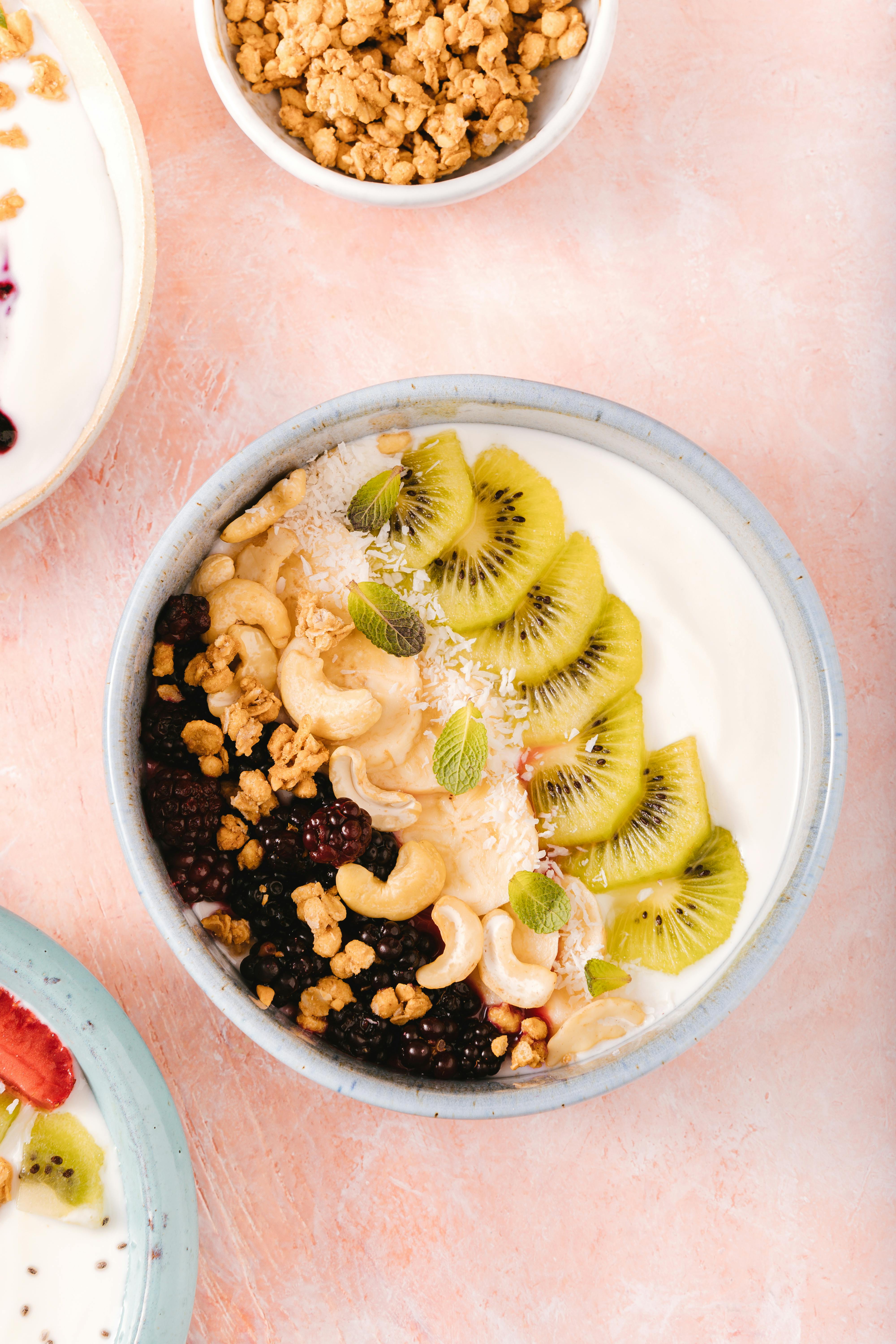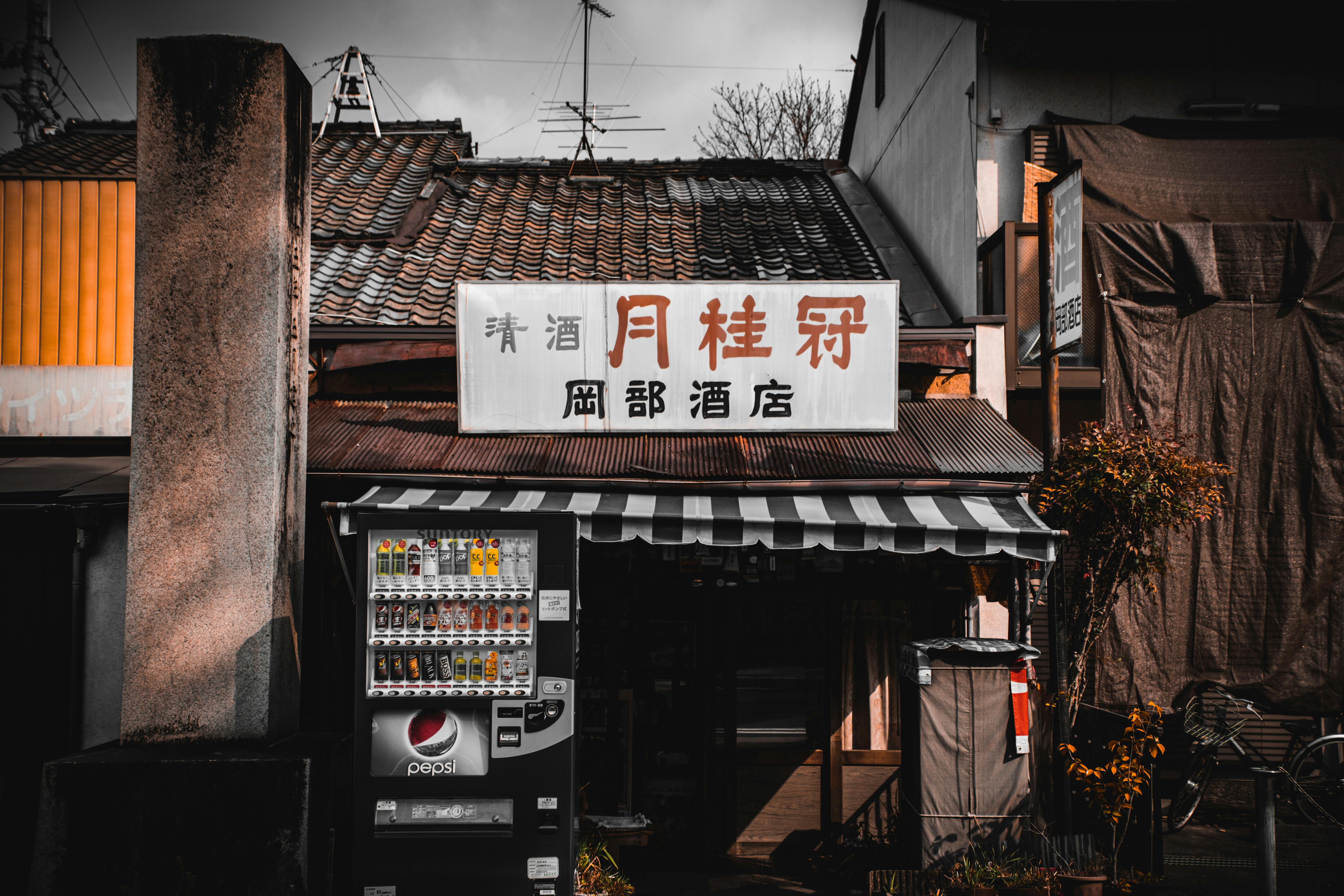Essential Guide to Gallstones: Effective Diet Solutions to Optimize Your Health in 2025

Essential Guide to Gallstones: Effective Diet Solutions to Optimize Your Health in 2025
Gallstones are hardened deposits that form in your gallbladder, a small organ located beneath the liver. While they can often go unnoticed, they can cause significant discomfort and complications if symptomatic. It is estimated that approximately 10-15% of the population will develop gallstones at some point in their lives, making it an important health issue to address. A well-structured gallstones diet can play a vital role in both preventing the formation of gallstones and alleviating symptoms if they do occur.
This article provides a comprehensive overview of effective dietary solutions for managing gallstones, focusing on food selection, meal planning, and lifestyle changes. By incorporating specific foods that promote gallbladder health and avoiding those that can exacerbate symptoms, individuals can significantly enhance their well-being. The following sections explore various aspects of a gallbladder-friendly diet—ranging from high-fiber foods to low-fat meal options—and practical tips to support long-term health.
As you read through, you’ll discover essential takeaways, including the best foods for gallbladder health, dietary guidelines, and tips for success in managing gallstones effectively. Let's dive into the world of gallstones and nutrition!
Understanding Gallstones: Causes and Symptoms
Before exploring dietary solutions, it's important to understand what gallstones are and how they can affect the body. Gallstones primarily form due to imbalances in the substances that compose bile, which can include cholesterol, bile salts, and bilirubin. High levels of cholesterol or bilirubin can lead to the formation of stones in the gallbladder.
Symptoms of gallstones may include:
- Severe pain in the upper right abdomen
- Nausea and vomiting
- Indigestion
- Bloating
- Dark urine or clay-colored stools
Recognizing these symptoms early allows for timely management. This naturally leads us to dietary interventions that can help mitigate these issues.
Building a Gallstones Diet: Foods to Include
When crafting your gallstones diet plan, incorporating a variety of nutrient-rich foods is crucial. A focus on high-fiber foods, low-fat options, and plant-based ingredients can help improve gallbladder function and overall digestion.
High-Fiber Foods for Gallbladder Health
Increasing dietary fiber is one of the best strategies for maintaining gallbladder health. Foods rich in fiber, such as whole grains, fruits, vegetables, and legumes, can aid in digestion and prevent gallstone formation. Fiber helps to reduce cholesterol levels, which is particularly important for those prone to gallstones.
Examples of high-fiber foods:
- Oats and whole grain bread
- Beans and lentils
- Fruits like apples, pears, and berries
- Vegetables such as broccoli, carrots, and Brussels sprouts
Healthy Fats: Omega-3 Fatty Acids
Not all fats are created equal, and including healthy fats in your diet can support gallbladder health. Omega-3 fatty acids, found in fatty fish, walnuts, and flaxseeds, offer anti-inflammatory benefits that can be advantageous for those dealing with gallstones.
Incorporate omega-3 foods:
- Salmon, mackerel, and sardines
- Chia seeds and hemp seeds
- Walnuts and flaxseeds
Fruits and Vegetables: The Power of Phytochemicals
Fruits and vegetables are packed with vitamins, minerals, and phytochemicals that promote gallbladder health. Berries, citrus fruits, leafy greens, and cruciferous vegetables provide essential nutrients while keeping calorie counts low.
Top fruits to include:
- Apples, known for their pectin content
- Berries, which are high in antioxidants
- Citrus fruits, rich in vitamin C
Transitioning to a healthier diet involves mindful eating habits and selecting gallbladder-friendly meals. This brings us to the types of foods that should be limited or avoided for optimal gallbladder health.
Foods to Avoid: Minimizing Gallstone Risk
To effectively manage gallstones, certain dietary restrictions are recommended. Understanding which foods can trigger symptoms or contribute to stone formation is key to creating a sustainable gallstones diet.
Fatty Foods: The Enemy of the Gallbladder
High-fat diets can promote the formation of gallstones. Foods rich in saturated fats, such as fried items, fatty meats, and full-fat dairy products, should be limited or eliminated from your diet. Opting for lean protein sources and low-fat alternatives can greatly benefit your gallbladder.
Sugary and Processed Foods
Consuming high amounts of sugar and processed foods can lead to weight gain and increased cholesterol levels, both of which are risk factors for gallstone formation. Focus on whole foods and limit intake of sweets, fast foods, and snacks loaded with preservatives.
Maintaining a Balanced Diet: Portion Control
Managing portion sizes is also essential for maintaining a healthy weight and preventing gallstones. Engaging in mindful eating practices can help you recognize when you’re full and reduce overeating.
Hydration and Gallstones: Importance of Water Intake
Hydration is a critical element of a gallstones diet. Drinking plenty of water throughout the day helps dilute bile and supports overall digestive health. Ensuring adequate hydration can also minimize the risk of bile crystallization, a precursor to gallstone formation.
Hydrating Foods and Beverages
While water should be your primary source of hydration, incorporating water-rich foods such as cucumbers, watermelon, and oranges can also contribute to your daily intake. Herbal teas and low-sugar juices are alternatives to consider for added hydration without added sugars.
Community Support and Resources
Joining support groups focusing on gallstones can provide information and encouragement. Resources offering meal plans and recipes can further assist in maintaining a gallbladder-friendly diet.
Practical Meal Ideas for Gallstone Management
Now that we’ve established the foods to embrace and those to avoid, let’s explore some practical meal ideas. Creating gallbladder-friendly meals doesn't have to be complicated.
Gallbladder-Friendly Recipes
Consider incorporating the following meals into your weekly plan:
- Quinoa salad with mixed vegetables and a lemon-olive oil dressing
- Grilled salmon with steamed asparagus and brown rice
- Overnight oats topped with berries and chia seeds
Quick Meals for Busy Lifestyles
For those with busy schedules, meal prepping or preparing quick meals can be a game-changer. Consider meal planning for the week ahead, utilizing simple recipes that can be prepared in advance.
Healthy Snacks for Gallbladder Health
Healthy snacking options include:
- Fruit and nut bars without added sugars
- Veggie sticks with hummus
- Greek yogurt with seeds and a drizzle of honey
Expert Recommendations and Lifestyle Tips
In addition to dietary changes, adopting lifestyle modifications can further enhance gallbladder health. Regular exercise, maintaining a healthy weight, and managing stress are all crucial components of long-term gallstone management.
Regular Exercise and Gallbladder Health
Engaging in regular physical activity can help regulate weight and promote healthy digestion, both of which are essential for gallbladder function. Aim for at least 150 minutes of moderate exercise weekly.
Mindful Eating Practices
Practicing mindful eating can help in better digestion and awareness of hunger cues. Slow down during meals, chew food thoroughly, and listen to your body’s signals; this can reduce overeating and improve your gallbladder’s overall health.
Q&A: Common Questions About Gallstones and Diet
What are the best foods to prevent gallstones?
High-fiber foods, healthy fats, and lean proteins are generally recommended. Foods like whole grains, fruits, vegetables, and fish rich in omega-3 fatty acids are particularly beneficial.
Can I eat dairy with gallstones?
While low-fat dairy options can be included in moderation, many individuals find it beneficial to switch to dairy alternatives such as almond milk or coconut yogurt.
Is a vegan diet suitable for gallstone management?
A vegan diet can be beneficial as it often emphasizes high-fiber foods and healthy plant-based fats, but it's important to ensure you’re getting enough essential nutrients.
What role does weight have in gallstone development?
Excess weight can increase cholesterol levels and the risk of gallstone formation. Maintaining a healthy weight through diet and exercise is crucial.
How can I prepare meals to support my gallbladder?
Focus on cooking methods such as steaming, grilling, and baking rather than frying. Incorporating diverse, nutrient-rich ingredients into your meals will support gallbladder health.

In conclusion, effectively managing and preventing gallstones involves a dedicated approach to diet and lifestyle. By focusing on high-fiber foods, healthy fats, and hydration, alongside mindful eating habits, individuals can significantly reduce the risk of developing gallstones and improve their overall health.
For further information and meal planning guidance, consider consulting with a nutritionist or exploring community resources that provide insights tailored to gallbladder health.
